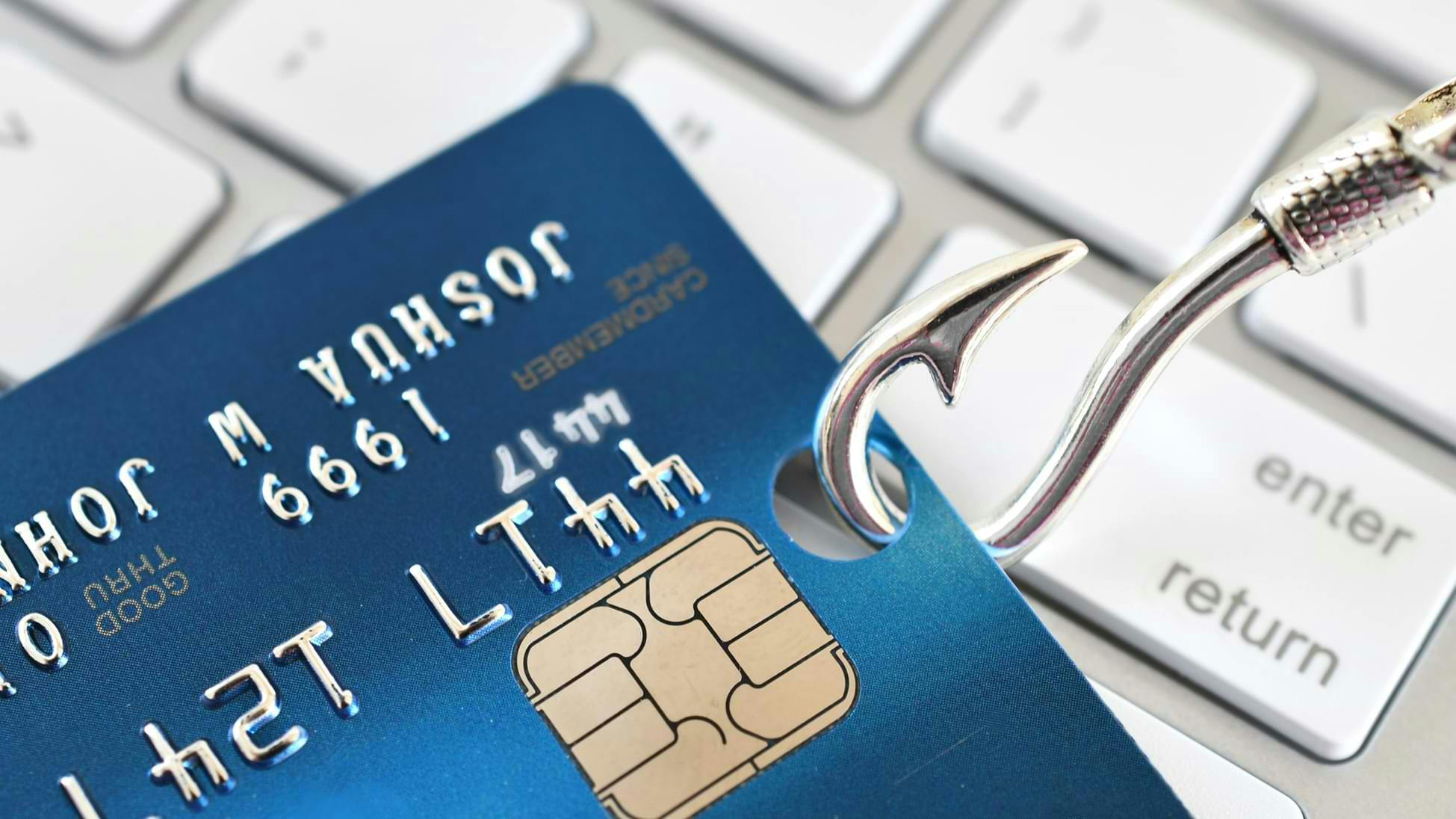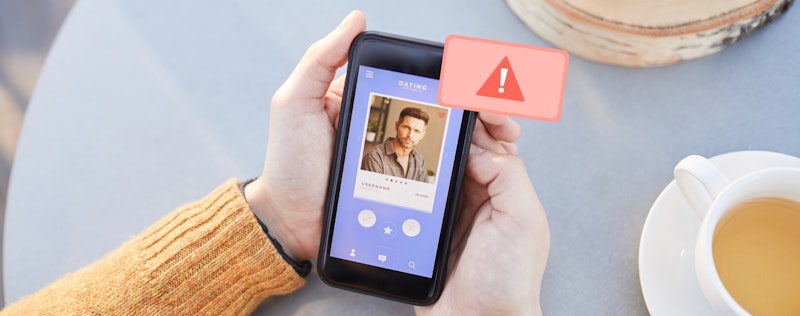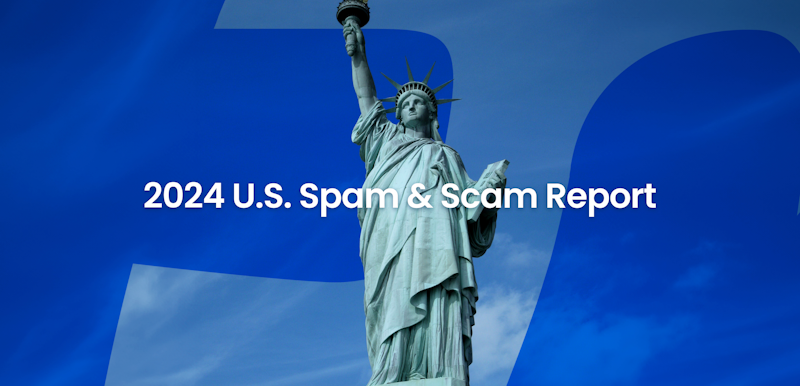
Scam Alert: What is Smishing and Vishing?
Themba Wahlstrom
Jan 27, 20223 min read
You might have heard about Phishing. But have you heard about Smishing and Vishing? Read on to find out what they are, how they work and what you can do to prevent these scams.
What are they?
Phishing is defined as: the fraudulent practice of sending emails purporting to be from reputable companies in order to induce individuals to reveal personal information, such as passwords and credit card numbers.
In the past, we’ve mentioned phishing attacks and included them in our scam and spam reports. But these attacks have mostly been carried out over email. Nowadays, scammers are using every type of communication they can to take people’s money. This has given rise to two new terms:
which refers to SMS phishing.
Andwhich refers to voice phishing.
How do they work?
Although ‘smishing’ and ‘vishing’ are new words, it’s important to remember that they operate in the same way as phishing – these scammers are all trying to get money or personal information. So whether it’s an SMS or call or email, it’s important to look for common red flags that reveal it could be fake.
Smishing –
A typical smishing scam will message you telling you that you have won a prize, that you owe the tax office (or the tax office owes you), or that you have an unpaid bank fee. We’ve seen many other variations of this, but a common red flag is a link in the message. So it’s important to be wary of links in messages such as these.
A good rule of thumb is that organisations like banks or even government agencies would rarely ask for personal information over a text message. Go through official websites when communicating to these organisations.
Read more about Smishing Scams here.
Vishing –
A vishing scam starts with a phone call. A typical call will inform you of a compromised bank account, an investment offer, an IT issue or a charity drive. They will sometimes use a text-to-speech voice or automated recording.
Vishing scams often use number spoofing to appear as a legitimate source. However, Vishing is much more of a problem for those who don’t have a Caller ID app such as Truecaller.
What can I do to prevent Smishing and Vishing attacks?
Scammers are getting more sophisticated at pretending to be someone they’re not. So identifying that it’s a scam as soon as possible is very important.
If you’re asking yourself, ‘why does this person sound so urgent?’ Or ‘why is this person asking me to confirm all my personal information?’ – You might be onto a scam.
The best advice we can give is to be very careful when sending personal information. If, for example, you receive a message that you must pay a fee to your bank, and are unsure, go to the bank’s official webpage and login. Or you can call the bank from the number that is listed from their official webpage. Always try and go through their official channels – this advice can be applied to almost all the scams that we have been made aware of.
Also, update your Truecaller app! With a community of over 300 million people verifying numbers, Truecaller offers the best protection.
———————————–
To stay tuned for more updates, visit Truecaller’s Youtube Channel, Instagram, Instagram India, Instagram India, Facebook, TikTok, Twitter, and Twitter India. Yes, we are available to you everywhere!

Themba Wahlstrom
Jan 27, 20223 min read


